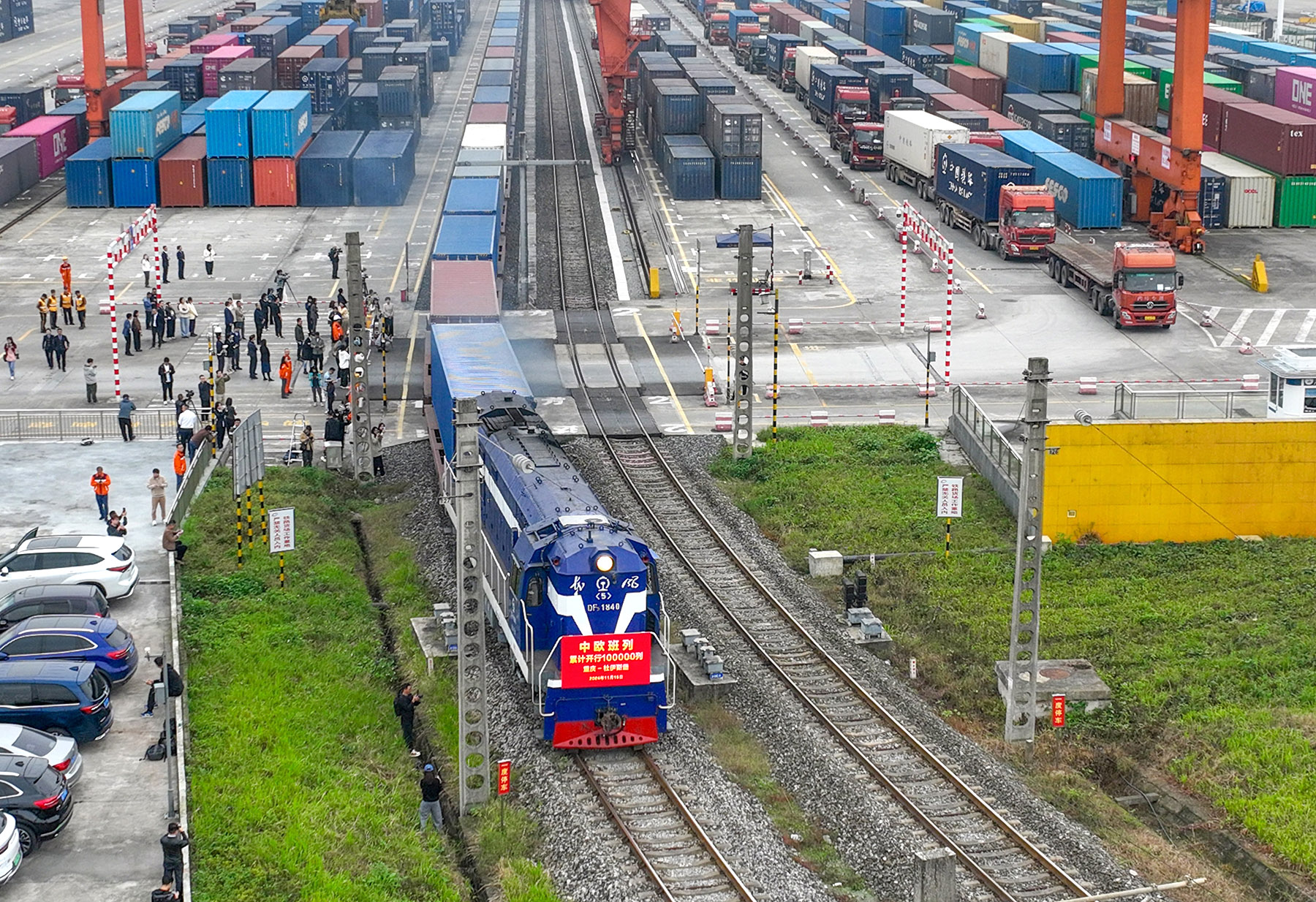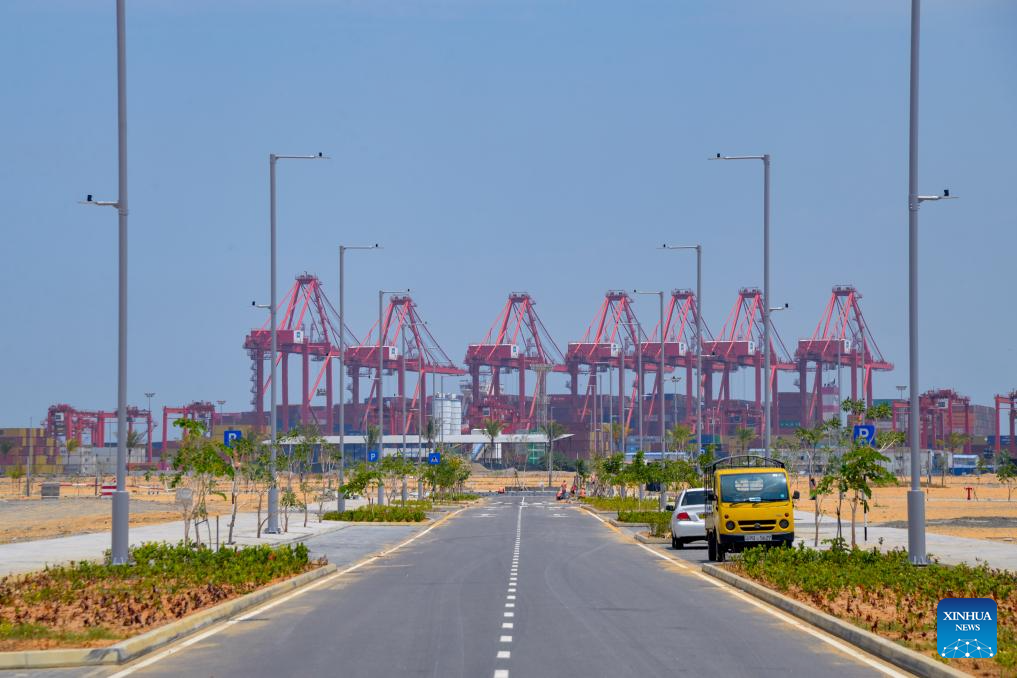
The Belt and Road Initiative has evolved from a visionary concept into concrete results over the past decade, delivering substantial achievements in connectivity, economic growth, and global development, according to the country's top economic regulator.
Zhou Haibing, deputy head of the National Development and Reform Commission, said the BRI has "transformed from a vision into reality, from a concept into action, yielding solid and weighty achievements". He highlighted the initiative's four key contributions; advancing global connectivity, energizing economic growth, improving people's livelihoods and offering a new platform for international cooperation.
Zhou said the BRI has "explored new paths for global connectivity", citing key infrastructure projects that have reshaped regional transport networks.
"The China-Laos Railway has been operating safely for more than three years, with total freight volume exceeding 60 million metric tons," he told a forum on Tuesday in Tianjin during the 16th Annual Meeting of the New Champions, also known as the Summer Davos. "It has helped Laos transform from a 'landlocked' country into a 'land-linked' one."
Zhou noted that the China-Europe Railway Express has opened a new land transport corridor between Asia and Europe. "Total number of China-Europe freight train trips hit around 110,000, reaching 229 cities across 26 European countries".
According to Zhou, the initiative continues to support the development of an open world economy and promote the liberalization and facilitation of trade and investment.
"By continuously expanding openness, the BRI drives economic globalization toward a more open, inclusive, balanced and win-win direction," he said.

According to a World Bank report, the BRI will lead to a 4.1 percent increase in trade among participating countries. "By 2030, the BRI will generate annual global benefits of $1.6 trillion," Zhou said, quoting the report.
Another focus of the BRI is improving living standards across partner countries, Zhou said.
"The BRI inherits and promotes the Silk Road spirit, advancing a large number of small yet impactful livelihood projects aimed at poverty alleviation, employment generation, and better living conditions," he noted.
Zhou emphasized that the BRI serves as "a new platform for international economic cooperation", underpinned by the principles of extensive consultation, joint contribution, and shared benefits.
"It embodies a global governance philosophy of consultation and cooperation, and promotes the global governance system toward a fairer and more reasonable direction," he said.
READ MORE: China's 2024 trade with BRI countries surges, says Commerce Ministry
According to the forum's session brief, over the past decade since the launch of the BRI, China has established partnerships with more than 150 countries and over 30 international organizations. Two-way investment between China and participating countries has surpassed $380 billion in total.


